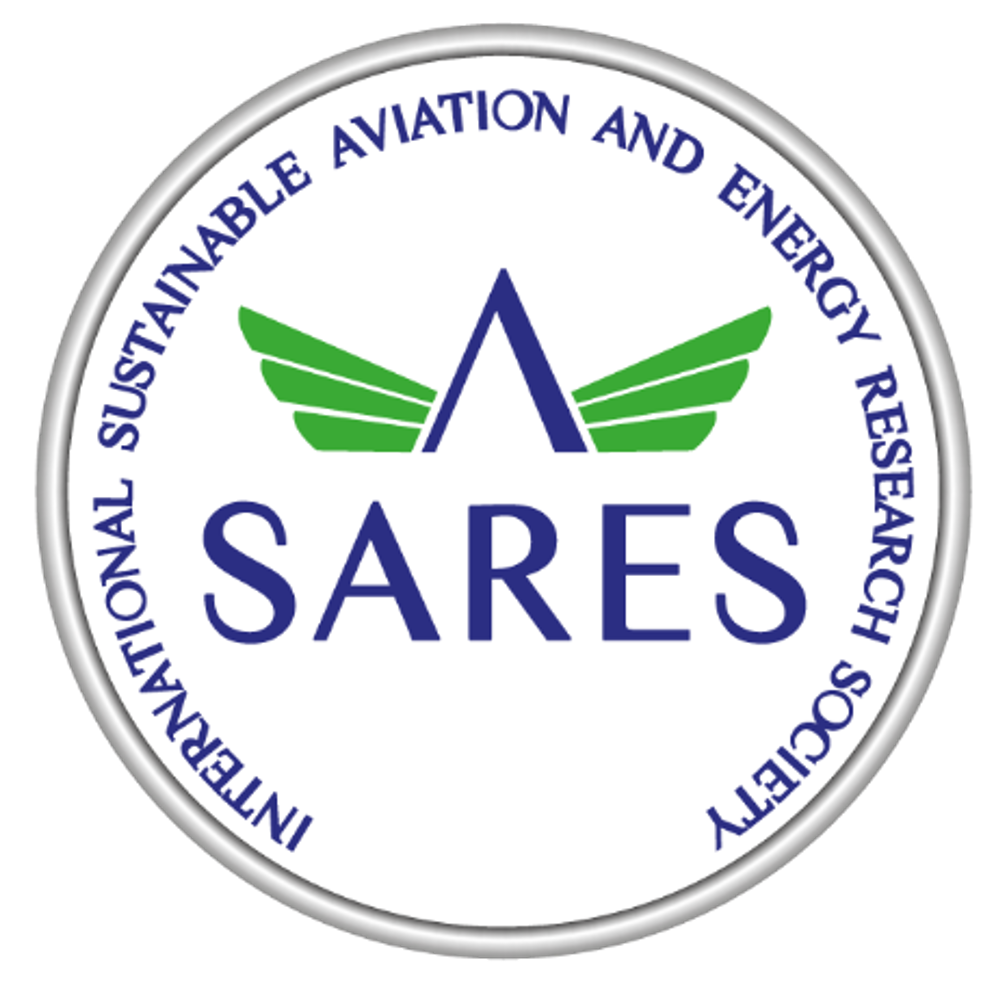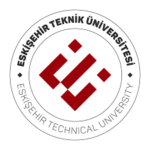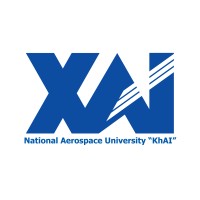About ISSA & ISUN-AI
SYMPOSIUM OBJECTIVES
The aviation and drone industries are rapidly evolving fields that play a critical role in addressing global sustainability and technological innovation challenges. The International Symposium on Sustainable Aviation (ISSA) and the newly launched International Symposium on Drones and Artificial Intelligence (ISUN-AI) serve as international, multi-disciplinary platforms that bring together researchers, academics, engineers, and industry professionals.
ISSA focuses on advancing sustainable practices in aviation by addressing topics such as improving aerodynamic, energy, and aircraft fuel efficiency, promoting the use of biofuels, minimizing environmental impact, developing optimized lightweight structures, mitigating greenhouse gas emissions, exploring novel propulsion systems, and reducing engine and airframe noise.
ISUN-AI, on the other hand, is dedicated to the intersection of drone technologies and artificial intelligence. It aims to explore cutting-edge applications of AI in unmanned aerial systems (UAS), including autonomous navigation, object detection and tracking, swarm intelligence, real-time decision-making, environmental monitoring, and smart surveillance, while also emphasizing sustainability and ethical considerations in AI-driven drone deployment.
SYMPOSIUM FORMAT
Both ISSA and ISUN-AI feature keynote presentations by invited speakers and regular presentations in oral sessions.
High-quality papers of archival value will be considered in extended form for publication in various reputable international journals:
- IJSA, International Journal of Sustainable Aviation (ISSN: 2050-0475)
- IJAST, International Journal of Aviation Science and Technology(E-ISSN : 2687-525X)
- Sustainable Aviation Book Series, Springer
SYMPOSIUM TOPICS
The symposium welcomes a large number of topics that include, but are not limited to:
-
Advanced Materials and Structures for Aerospace Applications
-
Advances in Renewable Energy Systems
-
Advancing Aerospace Education
-
Acoustics, Vibration and Noise
-
Aeronautical and Aerospace Engineering
-
Air Traffic Management, Safety and Policy
-
Airports
-
Artificial Intelligence and Machine Learning for Aerospace Applications
-
Atmospheric and Space Flight Mechanics
-
Automatic Control of Atmospheric and Space Vehicles
-
Avionics
-
Clean Aviation
-
Computational Fluid Dynamics
-
Design Approaches, Tools and Processes for Sustainable Aerospace Systems
-
Digital Twin Technology in Aerospace Engineering
-
Electrified Aircraft Design and Testing
-
Emerging Sustainable Fuels
-
Environmental Issues and Climate Change
-
Experimental and Computational Aerodynamics
-
Fatigue and Fracture Mechanics
-
Green Engineering Practices in Aerospace
-
Heat Transfer Devices and Processes
-
Life Cycle Design and Assessment
-
Novel Manufacturing Techniques for Aerospace Applications
-
Optimization in Aerospace and Energy Engineering
-
Power Generation and Storage
-
Promoting Diversity in Aerospace Engineering
-
Propeller/Rotorcraft/Wind Turbine Aerodynamics
-
Propulsion Systems and Components
-
Society and Aerospace Technology
-
Structural Health Monitoring and Prognosis of Multifunctional Structures
-
Unmanned Aerial and Space Vehicles
-
AI-based autonomous navigation systems
-
Swarm intelligence for multi-UAV coordination
-
Real-time object detection and tracking
-
Adaptive flight control and decision-making using AI
-
Energy-efficient mission planning and optimization
-
Embedded AI systems for onboard data processing
-
Sensor fusion and real-time environmental perception
-
Digital twin and predictive maintenance in UAV systems
-
AI applications in drone-based environmental monitoring
-
Ethical and legal aspects of AI-driven UAV operations





